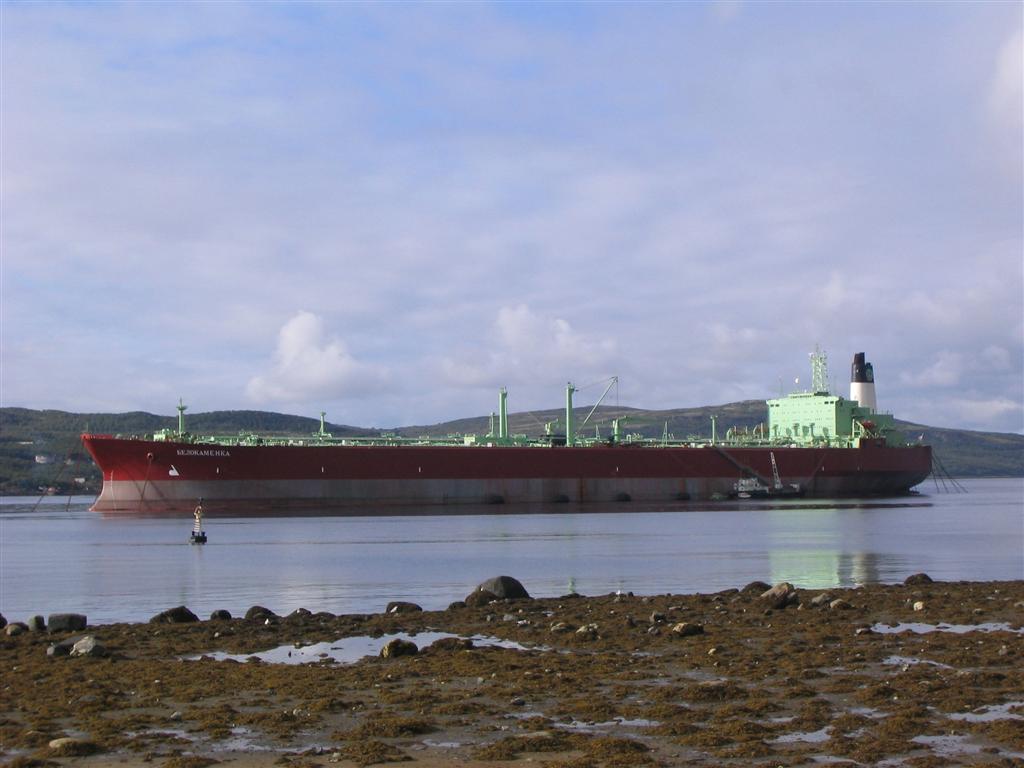|
5.36 IMPENDING CARGO PROBLEMS
Throughout this text, frequent reference has been made to the importance
of thorough documentation of all cargo operations and activities. This
documentation is essential to demonstrating that proper care and custody
has been exercised in the carriage of the cargo. Without complete records
of the cargo operations, proper care cannot be demonstrated and the
ship will be unable to defend against a claim for cargo loss or contamination.
5.36.1 Logbook entries and records
Logbook entries for cargo operations should include all necessary detail
for a reconstruction of how the cargo procedure was conducted. This
requires that details such as the opening and closing of valves; starting,
stopping, resumption and finishing of transfers; identity of tanks being
loaded/discharged; times of inspections and names of inspectors; and
any other pertinent information be recorded.
Other records which may be required in the event of a cargo claim include:
Ľ Engine logbook.
Ľ Official logbook.
Ľ Oil record book.
Ľ Statement of slops generated and disposal certificate.
Ľ Voyage instructions.
Ľ Bunker receipts and bunker evaluation sheet.
Ľ Arrival/departure report.
Ľ Cargo pumping record.
Ľ Port log.
Ľ Voyage log.
Ľ Crew list (with home addresses and telephone numbers).
Ľ Details of any leaks in cargo or ballast tanks, including method of
detection,apparent cause, repair and supervision.
Ľ Tank cleaning programme and records of cleaning achieved.
In addition to the records normally kept by the ship, the P&I
Club is likely to have a detailed questionnaire to be completed in the
event of a cargo incident which may result in a claim. The form of this
questionnaire follows the general reporting format that a cargo outturn
auditor would employ. An example of such a questionnaire follows:



5.36.2 Notification of the P&l Club
The ship's master should have a good understanding of what should be
done when he is faced with a situation which may result in a cargo claim.
However, the owner's P&I Club staff will have a much broader experience
in such claims and a fuller knowledge of what measures are most important
in preparing a defence. It is therefore vital that the owner's P&I
Club should become involved at the early stages of a potential cargo
claim.
Under no circumstances should the ship leave a discharge port with ROB
classified as 'pumpable' or as 'cargo' in the final inspection report/certificate
without first consulting the owner's P&I Club. Once the P&I
Club has been notified, the master and chief officer should carefully
consider the advice offered to minimise, or ensure an adequate defence
against, the claim.
|


